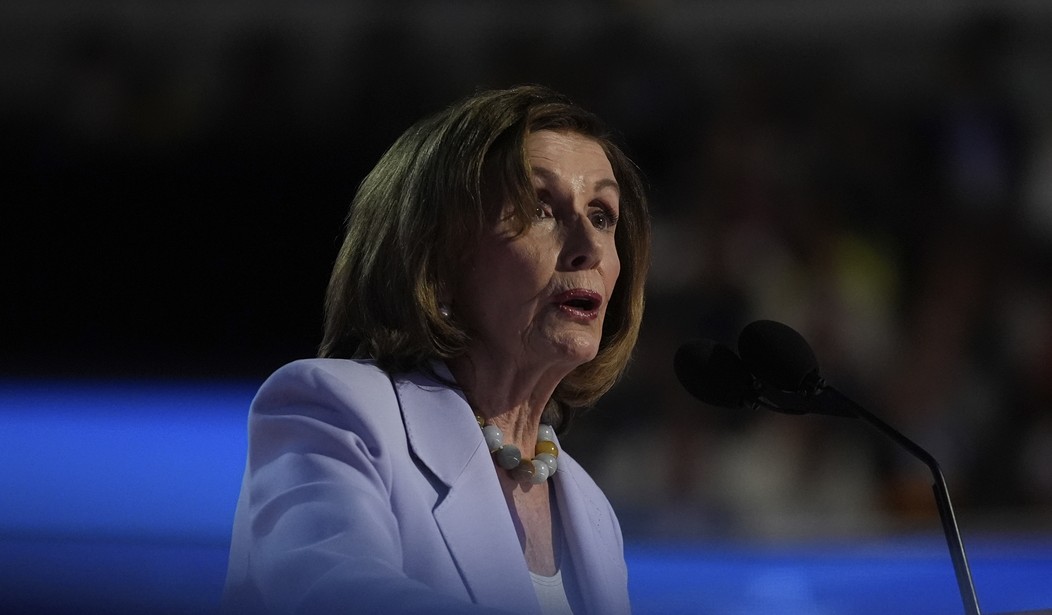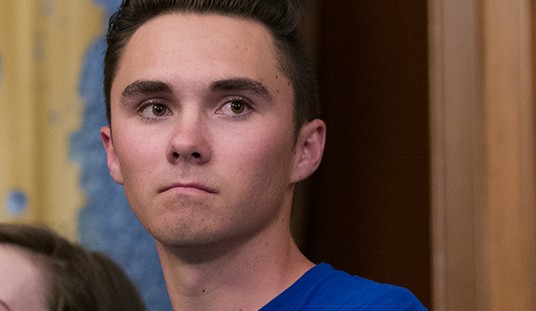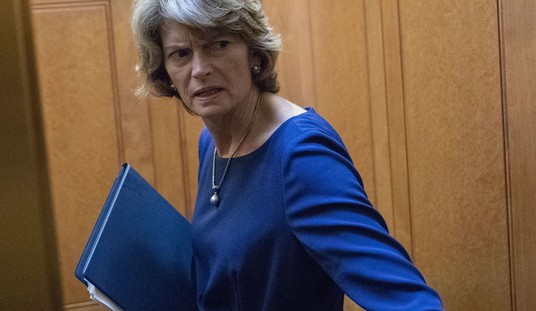Whether you like her or not, Nancy Pelosi has been one of the most consequential figures in modern American politics.
Her tenure as Speaker of the House saw landmark achievements that many Democrats believed were once out of reach. She led her caucus through the turbulent Obama years, helping to pass the Affordable Care Act and navigating an era of intense partisan gridlock.
Her legacy as a shrewd tactician and a powerful fundraiser is secure, and history will remember her as the first woman to wield the speaker's gavel.
But there comes a time when even the most formidable leaders must step aside to allow the next generation to take the reins. For Pelosi, that moment has passed. Yet, she remains unwilling to relinquish her influence, and in doing so, risks tarnishing her legacy.
Pelosi's decision to continue wielding power as a “leader emerita” has created friction within the Democratic caucus, a group that is no stranger to internal divisions.
READ MORE: 'She Needs to Take a Seat,' House Democrats Turn on Nancy Pelosi As Civil War Begins
Her public comments in recent months, particularly those critiquing President Biden and the party's 2024 strategy, have sparked frustration among House Democrats and renewed calls for her to fully retire from the political stage.
As Axios recently reported, some members of her party have expressed that her actions are not just unhelpful—they’re damaging.
Zoom in: The mounting frustration with Pelosi exists in the private conversations among House Democrats in various corners of the caucus.
- The trouble started when Pelosi agreed to an interview with The New York Times in which she suggested Biden should have dropped out of the race sooner.
- Had that happened, "there may have been other candidates in the race," she said.
- Her comments ignited another round of finger-pointing and blame-shifting between the Biden and Harris camps.
The intrigue: The NYT wrote up their story on Friday but didn't post the full interview until Saturday.
- The transcript had more caveats and compliments than the initial article indicated, but it didn't really matter. Pelosi had started a fire.
A Legacy of Leadership, But Not Without Faults
No one can deny Pelosi’s pivotal role in shaping the Democratic Party’s modern agenda. Her ability to unify her caucus during key legislative battles is legendary.
However, it would be revisionist to overlook the fractures that developed under her leadership. As the progressive wing of the party grew louder and demanded more transformative change, Pelosi struggled to balance their demands with those of the moderate members who represent swing districts. The result was a caucus that often seemed at odds with itself, even as it claimed legislative victories.
These divisions didn’t heal when Pelosi handed the gavel to Hakeem Jeffries, the current House Minority Leader and the first Black lawmaker to lead a party in Congress. Instead, they have festered, with Jeffries now tasked with managing the competing factions within the Democratic caucus.
And while Pelosi has offered words of praise for Jeffries, her actions tell a different story. By continuing to assert her influence—whether through public interviews that criticize party strategy or behind-the-scenes maneuvering—she has made it more difficult for Jeffries to establish himself as the unquestioned leader of House Democrats.
The Hakeem Jeffries Era
Hakeem Jeffries, meanwhile, is not without his challenges. The Democratic Party remains in a precarious position, having failed to retake the House in 2024 despite initial optimism. Jeffries himself has acknowledged his responsibility for these shortcomings, telling his caucus that “the buck stops with me.”
But the path forward requires clear and decisive leadership—something that becomes far more difficult when a towering figure like Pelosi continues to loom over the party.
Democratic lawmakers who spoke to Axios in the story linked above anonymously articulated a sentiment that many in the caucus are feeling: it’s time for Pelosi to take a step back.
“She needs to take a seat,” said one senior Democrat. Another added “Making scattershot comments is not just unhelpful, it’s damaging.”
Another lawmaker from the Congressional Black Caucus noted that Jeffries has been “tremendously graceful and respectful” toward Pelosi but added, “I don’t think she is being respectful of him.”
This frustration came to a head after Pelosi’s recent interview with The New York Times, where she suggested that President Biden should have stepped aside sooner to allow other candidates to enter the race. Her remarks, though couched in praise for Biden’s leadership, set off a wave of recriminations within the party.
In a moment when Democrats should be rallying around Jeffries and focusing on their legislative and electoral strategy, Pelosi’s comments reignited old divisions and shifted attention away from the future.
Overstaying Her Welcome
For Pelosi, the danger of staying too long isn’t just a political one—it’s a reputational one. Her legacy as a trailblazer and a skilled legislator is secure, but continued interventions into the party’s strategy risk reframing her narrative. Instead of being remembered as the groundbreaking leader who steered Democrats through historic victories, she risks being seen as a figure who couldn’t let go, even when her presence became a hindrance.
This isn’t just a matter of ego; it’s a matter of respect for the institution she has long served. Leaders like Pelosi are rare, but leadership is ultimately about more than holding power—it’s about knowing when to pass it on. The Democratic Party is in the midst of a generational shift, with younger leaders like Jeffries stepping into roles that reflect the party’s future. By clinging to her role as a behind-the-scenes power broker, Pelosi undermines the very progress she spent decades championing.
A Graceful Exit
Pelosi has had an extraordinary career. She has shattered glass ceilings, shaped the course of American policy, and left an indelible mark on the Democratic Party. But even the most storied careers must come to an end, and Pelosi’s refusal to fully step aside is now doing more harm than good.
Hakeem Jeffries deserves the chance to lead without interference, to unify the caucus under his vision, and to chart a path forward for Democrats in the years ahead. Pelosi’s contributions to the party and the country will not be forgotten, but her continued presence on the national stage threatens to overshadow her accomplishments. It’s time for her to do what she once promised—to fade into the sunset with grace, leaving behind a legacy untarnished by unnecessary political squabbles.
For better or worse, it’s Hakeem Jeffries’ caucus now. Nancy Pelosi should embrace that reality, step back, and allow the next chapter of Democratic leadership to begin.













Join the conversation as a VIP Member